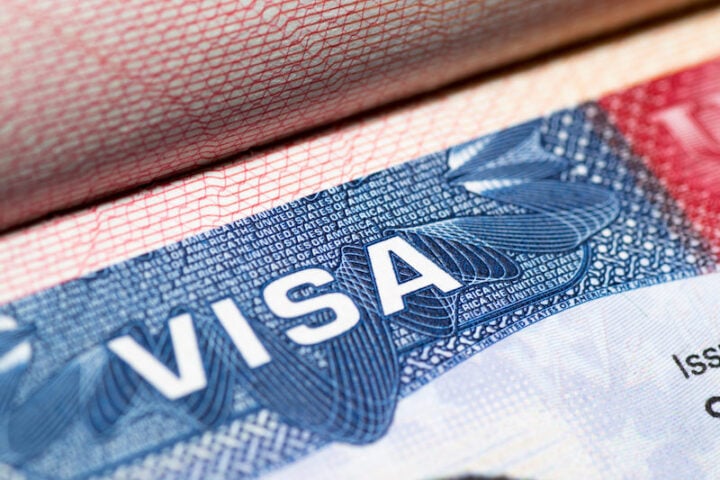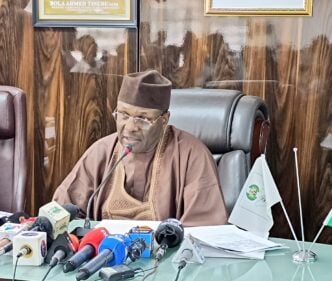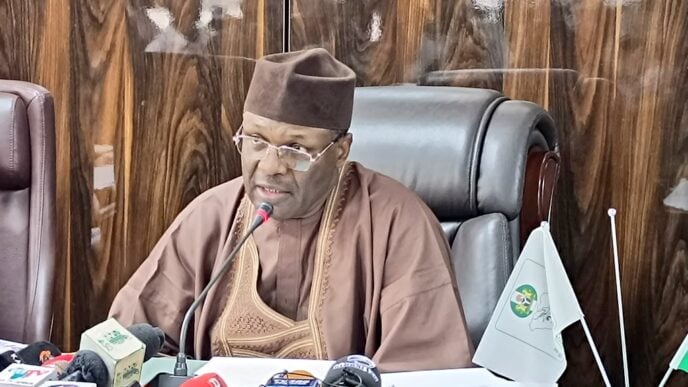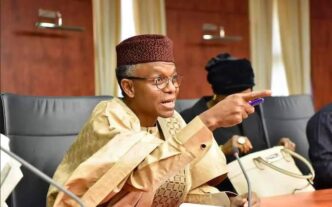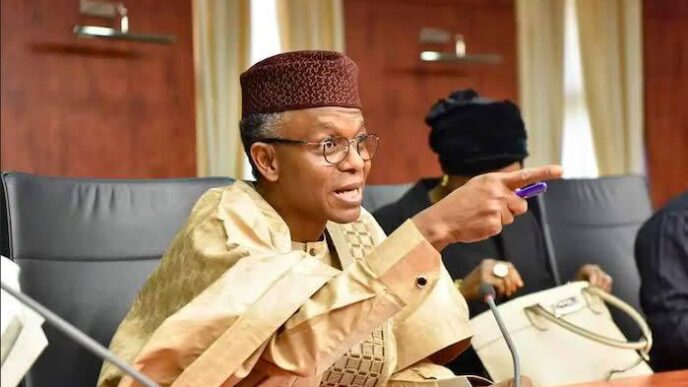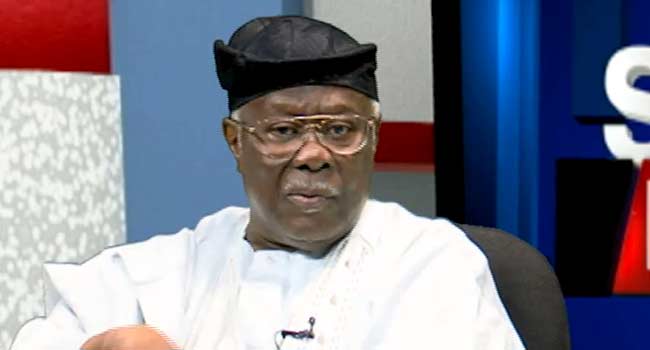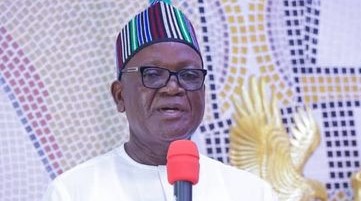The United States government has restricted most non-immigrant visas issued to Ghanaian nationals to a three-month validity period with a single-entry limit.
According to a circular from the US Department of State – Bureau of Consular Affairs, which was circulated to selected media outlets in Ghana, the new rule affects business, tourism, and student visa categories, drastically shortening their validity and entry privileges.
Under the new terms, Ghanaians applying for B-category visas, typically issued for business and tourism, will now receive visas valid for just three months and only usable for a single entry into the United States.
Student visa holders, particularly those under the F1 category, are also subject to the revised restrictions.
Advertisement
Diplomatic visa categories, however, remain exempt. Applicants for A-class visas, reserved for government officials and diplomats, will continue to enjoy multiple-entry status with validity periods ranging from 24 to 60 months.
The circular also noted variations for family-based visas: while the K1 and K2 visa classes face reductions, the K3 and K4 categories retain a multiple-entry validity of up to 24 months.
This development mirrors the US government’s decision earlier in the week to impose similar restrictions on Nigerian nationals.
Advertisement
On Tuesday, the US embassy in Nigeria announced a sweeping change in its visa issuance framework, limiting most non-immigrant and non-diplomatic visas to three months with single-entry permissions.
The embassy in Nigeria clarified that the new rule applies only to visas issued on or after July 8, noting that all previously issued visas would remain valid under their original terms.
The US embassy attributed the changes to a global review of visa reciprocity — a policy principle that requires the US to align visa rules with those of the countries whose nationals it admits.
Though the US has described the measure as part of a broader effort to enforce visa reciprocity globally, the decision is already generating concern in West Africa’s diplomatic circles, especially as it affects frequent travellers, students, and multinational business operators.
Advertisement
In Nigeria, President Bola Tinubu’s administration refuted claims that it had altered visa conditions for US citizens, insisting that the country continues to issue five-year multiple-entry visas to Americans.
Bayo Onanuga, special adviser to the president on information and strategy, said Nigeria remains committed to bilateral agreements and will take the necessary steps to resolve the issue.
